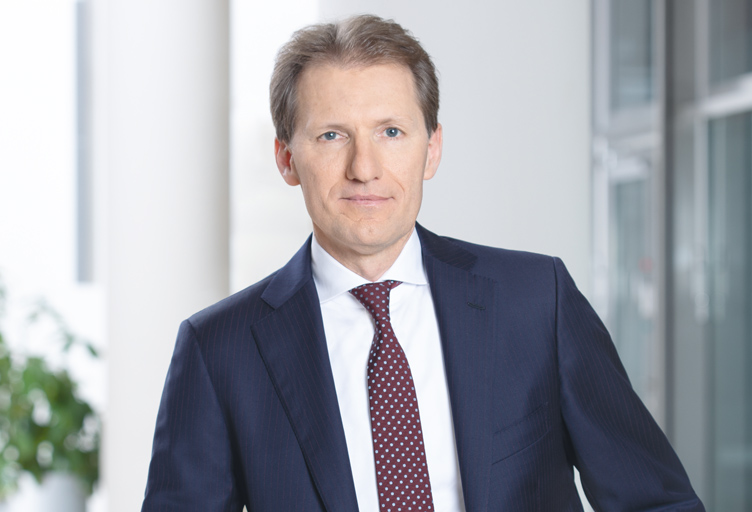Hannover Re CEO Jean-Jacques Henchoz has warned that the re/insurance industry does not possess the capital and should not be expected to shoulder a systemic global risk like the COVID-19 pandemic.
 “We cannot diversify it as a risk,” he told Swiss, German-language newspaper Neue Zürcher Zeitung.
“We cannot diversify it as a risk,” he told Swiss, German-language newspaper Neue Zürcher Zeitung.
Henchoz explained that other approaches to mitigating pandemic risk would have to be explored by governments, rather than relying fully on the private re/insurance market.
On this point, the Hannover Re CEO said that partnerships between the state and private sector are necessary, and pointed to “encouraging debates” between governments and industry representatives.
“One option is pool solutions, similar to terrorist risk cover, as developed after the September 11, 2001 attacks on America,” Henchoz noted.
“Another option would be a compulsory pandemic insurance, set up as a mixed-economy organization,” he added, comparing it to the one that already exists in Switzerland with natural damage insurance.
But Hannover Re also believes that countries need to be coordinating solutions on an international level, and urged European states to work more closely with the European Commission.
He also told NZZ that capital market solutions could represent another option for dealing with large risks such as pandemics, but warned that capital and risk appetite in this area are currently very limited.
According to Henchoz, the capital market could potentially fund $2 billion in pandemic bond risks similar to the World Bank’s pandemic bond for emerging countries.
“It is a very good thing, for all of us, if we have capital available to fight an epidemic like Ebola in West Africa. The insurance industry worked well with the World Bank,” he said.
But in terms of the schedule for introducing pandemic solutions, the challenge of gaining political acceptance means the process could take years.
“After a major natural disaster, such as an earthquake, acceptance is initially huge, but experience has shown that interest wanes quickly,” Henchoz remarked. “Risk awareness is now extremely high and this discussion should be conducted quickly and in a targeted manner.”
For Hannover Re, Henchoz acknowledged that the ultimate impact of the COVID-19 pandemic remains very difficult to assess.
While the company has good data in life and health reinsurance business the situation in property and casualty reinsurance is much more demanding and there remain many unknowns, particularly in areas such as credit and surety reinsurance.


